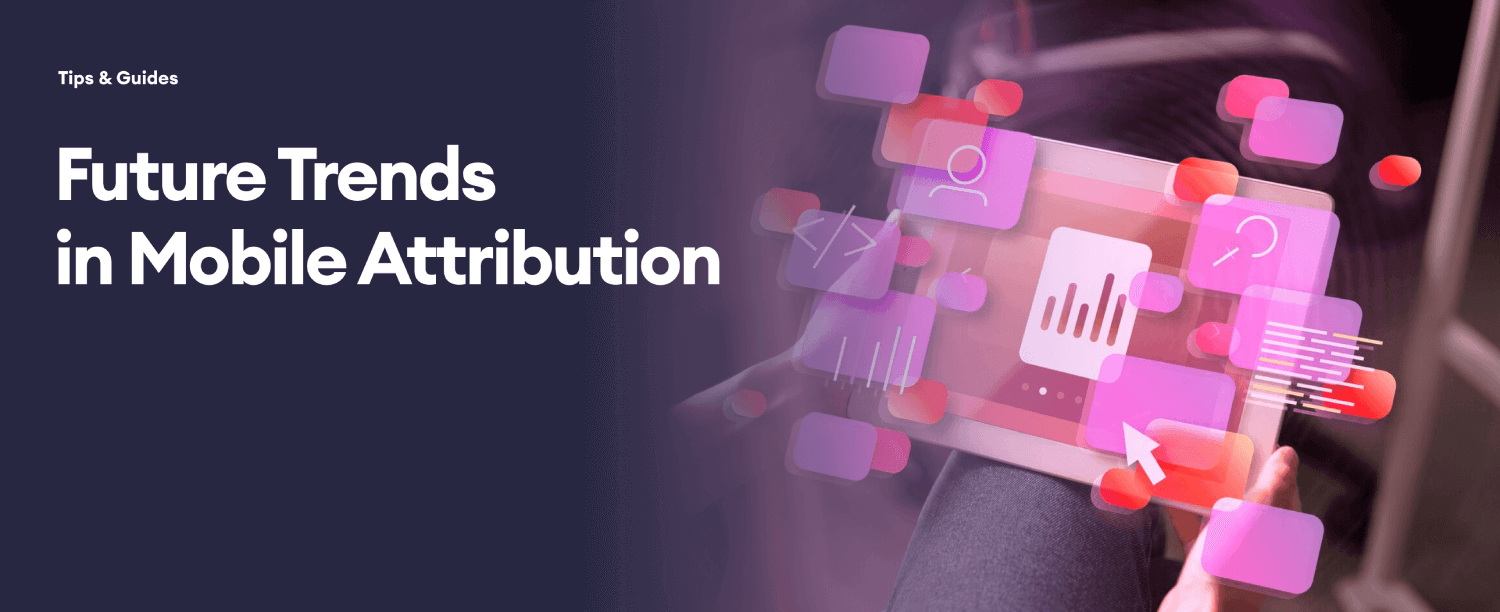In digital marketing, staying ahead of the curve requires harnessing the power of cutting-edge technologies. Artificial Intelligence (AI) and Machine Learning (ML) are already integral parts of many industries, and their impact on mobile attribution is growing rapidly. These technologies empower marketers to analyze complex data sets, identify patterns, and make predictions with unprecedented accuracy.
Artificial Intelligence involves the development of algorithms that enable computers to perform tasks that typically require human intelligence, such as problem-solving and learning. Machine Learning, a subset of AI, focuses on the development of algorithms that allow systems to learn and improve from experience.
Advanced user behavior analysis
AI and ML algorithms excel at processing vast amounts of data, a task that would be overwhelming for traditional analytical approaches. This capability allows for a comprehensive analysis of user behavior, uncovering patterns and insights that may otherwise remain hidden.
The sophistication of AI and ML enables the identification of intricate patterns in user interactions. This nuanced understanding goes beyond surface-level analysis, providing marketers with a deeper comprehension of the factors influencing user decisions and conversions.
Dynamic attribution models
Traditional attribution models often follow a linear or rule-based approach. AI and ML, however, enable the creation of dynamic attribution models that adapt to individual user journeys. This flexibility allows for a more accurate representation of how each touchpoint contributes to a conversion. The dynamic nature of AI and ML-driven models facilitates real-time adjustments to attribution. As user behavior evolves, these models can adapt and provide updated insights, ensuring that marketing strategies remain agile and responsive to changing trends.
Challenges and the path forward
While the potential of AI and ML in mobile attribution is vast, challenges such as the need for quality data, interpretability of AI-driven models, and ethical considerations must be navigated. As technology continues to advance, overcoming these challenges will be crucial for unlocking the full potential of AI and ML in mobile attribution.
As the landscape of mobile marketing continues to evolve, staying ahead of the curve is essential for businesses seeking to maximize their return on investment. Predictive analytics, Artificial Intelligence, and Machine Learning are poised to reshape the future of mobile attribution, offering marketers powerful tools to analyze, predict, and optimize their strategies for greater success. Embracing these trends will not only enhance attribution accuracy, but also empower businesses to stay competitive in an ever-changing digital environment.

















